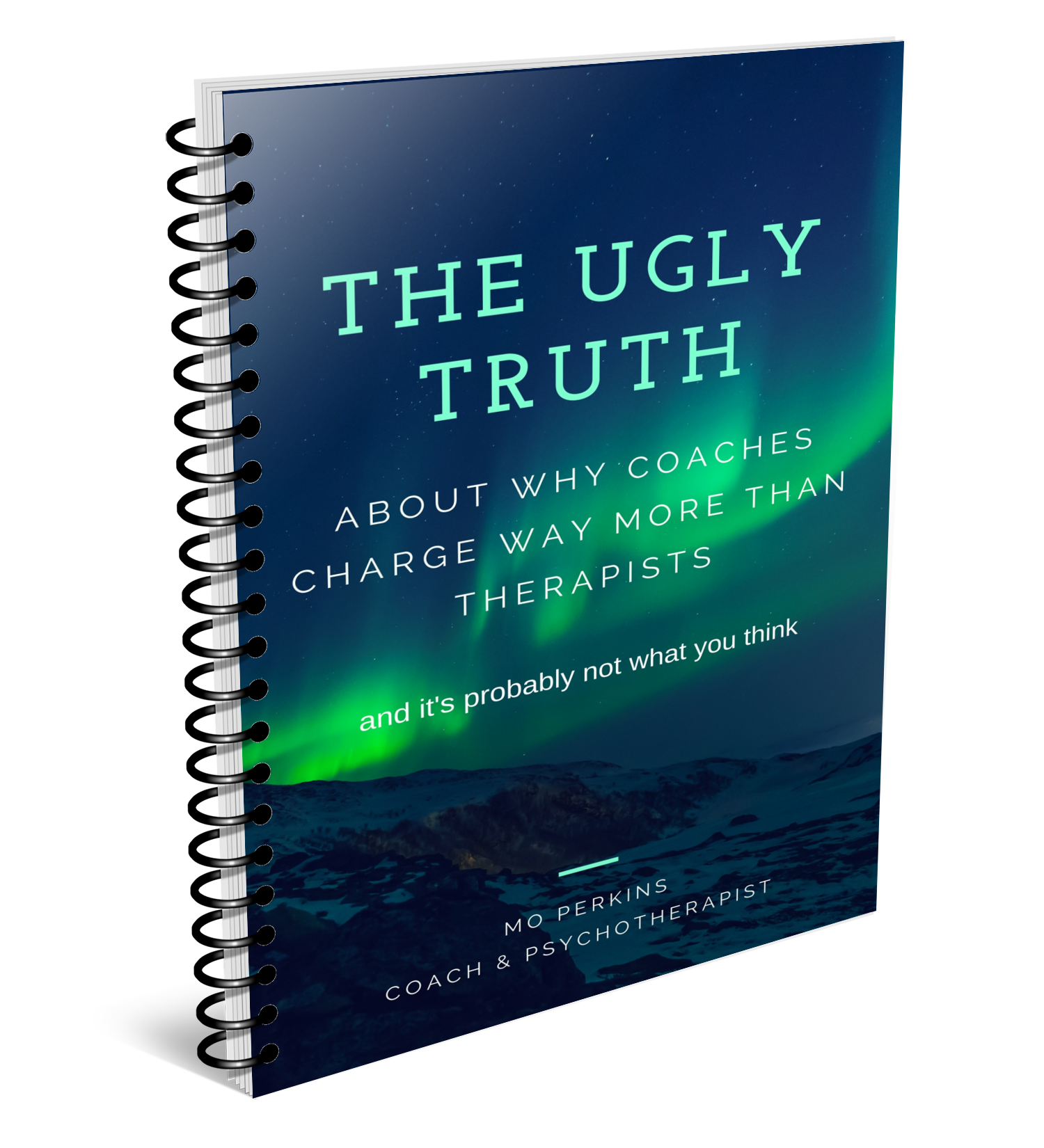I chose to discuss my research findings in the context of the Drama Triangle and discovered that therapists are far from immune to getting caught up in any of the 3 roles, whether that be victim, persecutor or rescuer. And why would we be immune? We’re human after all and subject to all the insecurities and dramas that our clients experience. The important thing is we become conscious of the various roles and use that awareness to ensure we don’t act out the roles in the therapy room. The way therapist’s act out the roles is generally more subtle than the stories that come into our room, but that can make it even more problematic; especially in view of the power difference that’s inherent in the therapeutic relationship.
What do therapists think and feel when caught up in the Drama Triangle?
Some of the therapists I spoke to noticed that they became more judgemental towards their clients during an Impasse, mentally chastising the client for time wasting and wishing the client would leave the session or leave therapy altogether.
” I became really angry with her and i thought, hang on a minute this is persecutor. I left it a while and when she phoned I managed to stay neutral on the phone” Therapist realising their persecutory thoughts towards the client.
” My client said ‘i’ve become a nuisance, you don’t want me here anymore’ The thought went through my mind that my client would complain about me and I’d end up in court” Therapist feeling as though they would be victimised after challenging a client during a session.
Karpman suggests the rescuer role is ultimately a way to fulfil ones own needs. I’ve come across this a few times outside therapy and i think it’s also demonstrated in this comment from my research participant “I felt abandoned and rejected (by the client), I am usually quite able to rationalise but it came so quickly my normal defences weren’t in place”
My participants shared with me feelings of a racing heart, a sick sensation in the stomach and feeling as though there’s something stuck in their chest. So clearly therapists and coaches do sometimes feel anxious during the sessions, take up different drama triangle roles and may or may not be consciously aware of what’s happening.
So how can we move from feelings of anxiety and drama to empowerment?
In David Emerald’s book The Power of Ted* (*The Empowerment Dynamic) powerful alternatives are suggested to the disempowering roles of Victim, Persecutor and Rescuer. The alternatives increase choice and really are about switching each reactive role into it’s assertive and adult proactive choice.
Victim becomes Creator
When you’re feeling victimised become the creator. Rather than feeling helpless and hopeless with clients and coasting through sessions or reacting to the drama, the assertive choice is to remain orientated to the client’s desired outcome. Remain hopeful, inspired and energised and take responsibility for the choices and interventions you make in the best professional interest of the client. If the situation isn’t moving forward try something else, Stay resilient and creative, get inspiration from colleagues, books or supervision.
Persecutor becomes Challenger
It’s hard to think we might ever take the persecutor role as a helper but there are times when we think we know best and we might criticise our client or become frustrated with them. We might know about a technique or theory but we’re never the expert in someone else’s life. To move from persecutor to challenger we need to trust the therapeutic process. Create an environment where things can unfold at their own pace and where we remain confident that with the right balance of challenge and support clients will take the action required to improve and grow. It’s fine to hold people accountable but not fine to make them feel dominated or controlled even in a subtle way..
Rescuer becomes Coach
I’ve often felt therapists are particularly vulnerable to the rescuer role. After all, we love helping people, we like to feel needed and there can be a fine line between empathy (imagining how someone feels) and sympathy (feeling sorry for the person). So to move from rescuer to coach we need to empower clients and trust their abilities to find their own way. it’s right to feel compassionate and engaged with our clients as long as we encourage and empower them to develop, grow and become self reliant. The coach doesn’t thrive on being needed but champions the client’s ability to go it alone.
Using Supervision to move from Drama to Empowerment
We generally use supervision to unpick the drama that’s presented to us by our clients. Being self reflective is also an essential part of supervision and using the concept of the Drama to Empowerment Triangle is a great way to do this. Whether we use the concept of countertransference to explore our feelings, thoughts and behaviour towards clients or use the Drama Triangle it all amounts to the same thing. Ultimately being reflective empowers us through increased awareness and better understanding of ourself and our client. in supervision we can reflect on whether the role we’re taking up is about our own history, identification with an unconscious part of the client or the immediacy of the session. Let’s use that reflection to make choices that serve our clients in the best possible way.
Let’s Make a Difference!




“Mosaic”;
I would simply like to report, that having already been apprised about the basic dynamics of both the drama and the TED triangles; That I discover myself at your site in an attempt to simply fulfill my need to become more familiarized with the material in such a manner that I may hopefully, learn to be able to simply, and mindfully draw upon the Emerald’s acquired knowledge base, by simply mentally accessing it during my daily interactions with other people. I feel your material is an element toward implementing the dynamic in my daily experience.
Allen
Thank you for your comment Allen, I really appreciate you taking the time to make it. Awareness is key for all of us on our journey.